How Does Urinary System Maintain Homeostasis
How does urinary system maintain homeostasis. By regulating and maintaining the volume of blood. An individual simply urinates and defecates the toxins and other nasty things from the blood restoring homeostasis to the human body. This system consists of 2 kidneys 2 ureters the bladder and the urethra.
How does the body maintain homeostasis. How does the urinary system work to maintain homeostasis. The kidneys catalyze the final reaction in the synthesis of active vitamin D that in turn helps regulate Ca.
The excretoryurinary system help the body maintain homeostasis by filtering waste from blood getting rid of waste and regulates fluid levels in the body. The urinary system cleanses the blood of waste products from metabolism and regulates the normal balance of. Then the urine gets stored in the bladder after it passes through the ureters.
Waste products from body cells can produce toxic waste and need to be eliminated from the body. The effects of failure of parts of the urinary system may range from inconvenient incontinence to fatal loss of filtration and many others. The effects of failure of parts of the urinary system may range from inconvenient incontinence to fatal loss of filtration and many others.
The kidneys are the main organs of homeostasis because they maintain the acid base balance and the water salt balance of the blood. The primary function of the kidneys is to maintain a stable internal environment homeostasis for optimal cell and tissue metabolism. URINARY SYSTEM AND PH.
The Urinary system works with the other systems of the body to help maintain homeostasis. The effects of failure of parts of the urinary system may range from inconvenient incontinence to fatal loss of filtration and many others. Click to see full answer.
The urinary system maintains homeostasis by removal and restoration of selected amounts of water and solutes. This loss of conformation may be a consequence of the breaking of hydrogen bonds.
The effects of failure of parts of the urinary system may range from inconvenient incontinence to fatal loss of filtration and many others.
How does the body maintain homeostasis. The excretoryurinary system help the body maintain homeostasis by filtering waste from blood getting rid of waste and regulates fluid levels in the body. Urine contains substances not required by cells. Waste products from body cells can produce toxic waste and need to be eliminated from the body. An individual simply urinates and defecates the toxins and other nasty things from the blood restoring homeostasis to the human body. The kidneys are the main organs of homeostasis because they maintain the acid base balance and the water salt balance of the blood. Click to see full answer. The Urinary system works with the other systems of the body to help maintain homeostasis. Then the urine gets stored in the bladder after it passes through the ureters.
The kidneys have an extensive blood supply from. Click to see full answer. The kidneys are the main organs of homeostasis because they maintain the acid base balance and the water salt balance of the blood. How does the urinary system work to maintain homeostasis. Proper kidney function is essential for pH homeostasis. Move the pH away from the optimum for a specific enzyme and you may severely hamper its function throughout the body including hormone binding central nervous system signaling or myocardial contraction. An individual simply urinates and defecates the toxins and other nasty things from the blood restoring homeostasis to the human body.


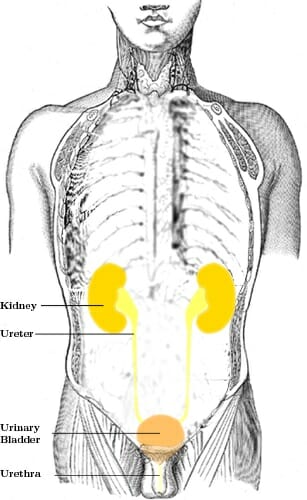

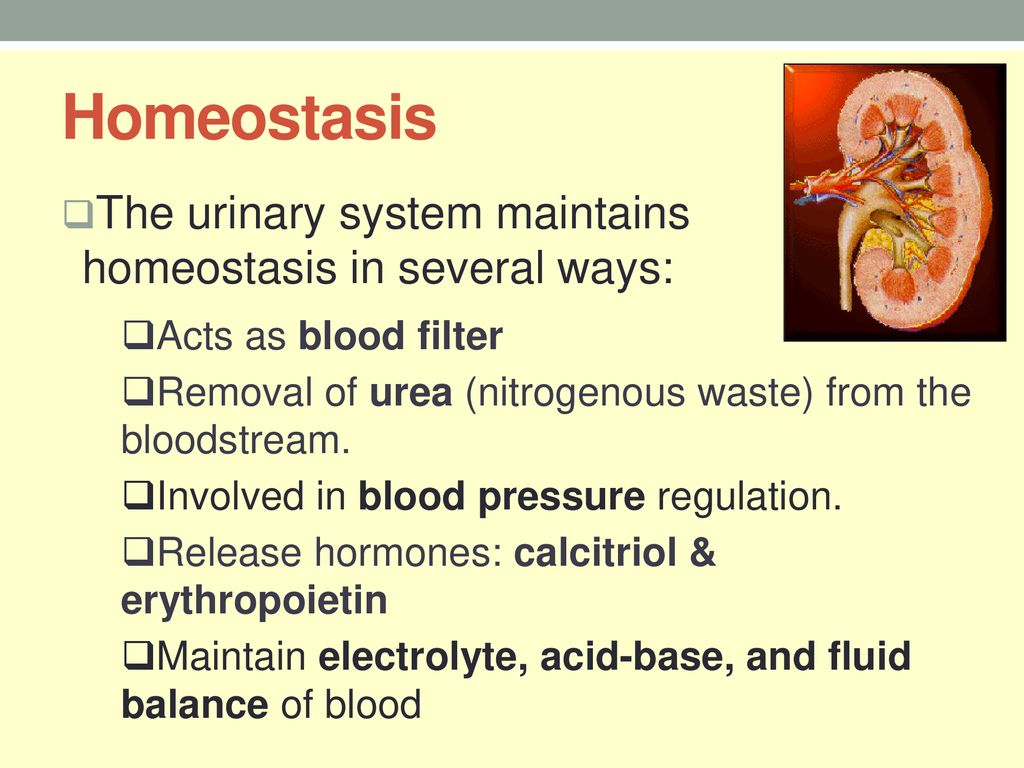
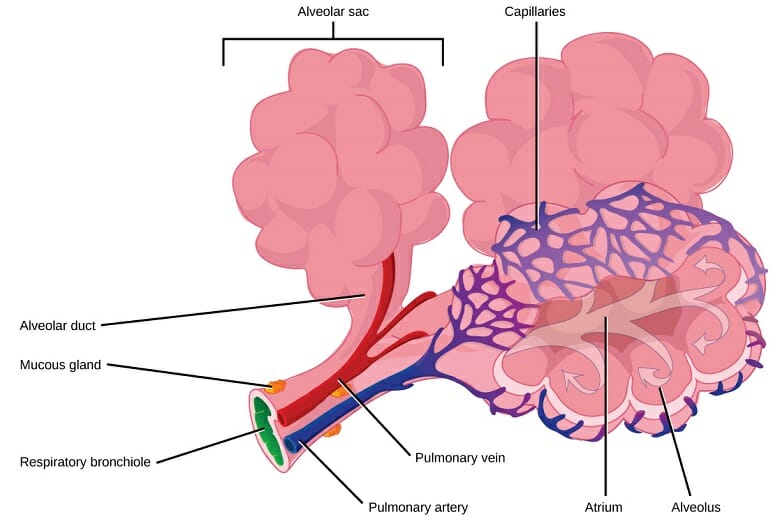



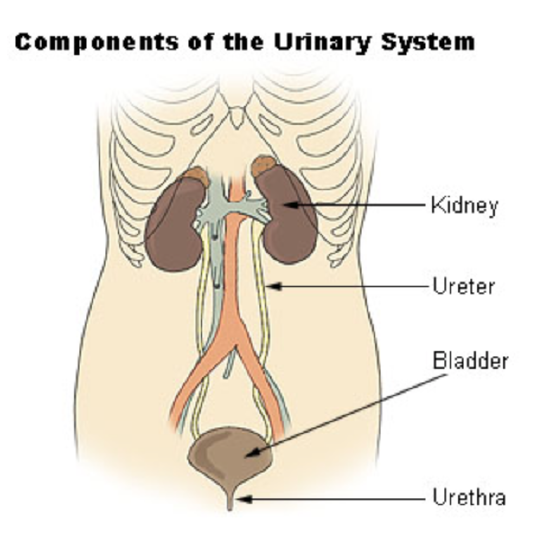
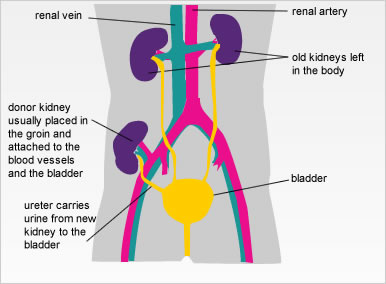





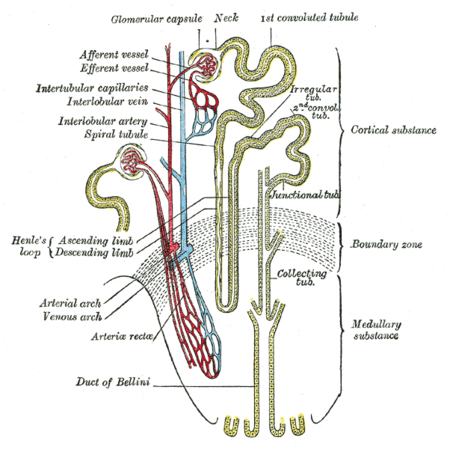
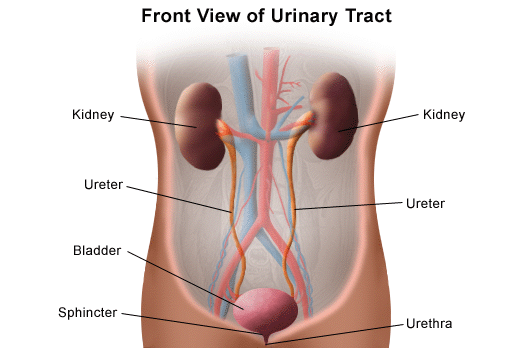

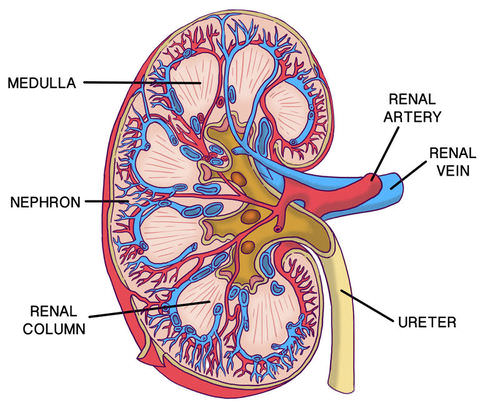



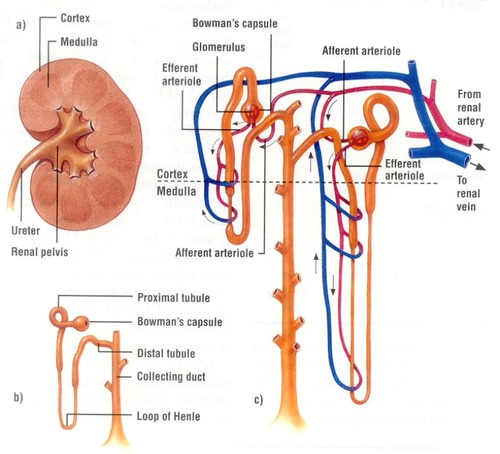
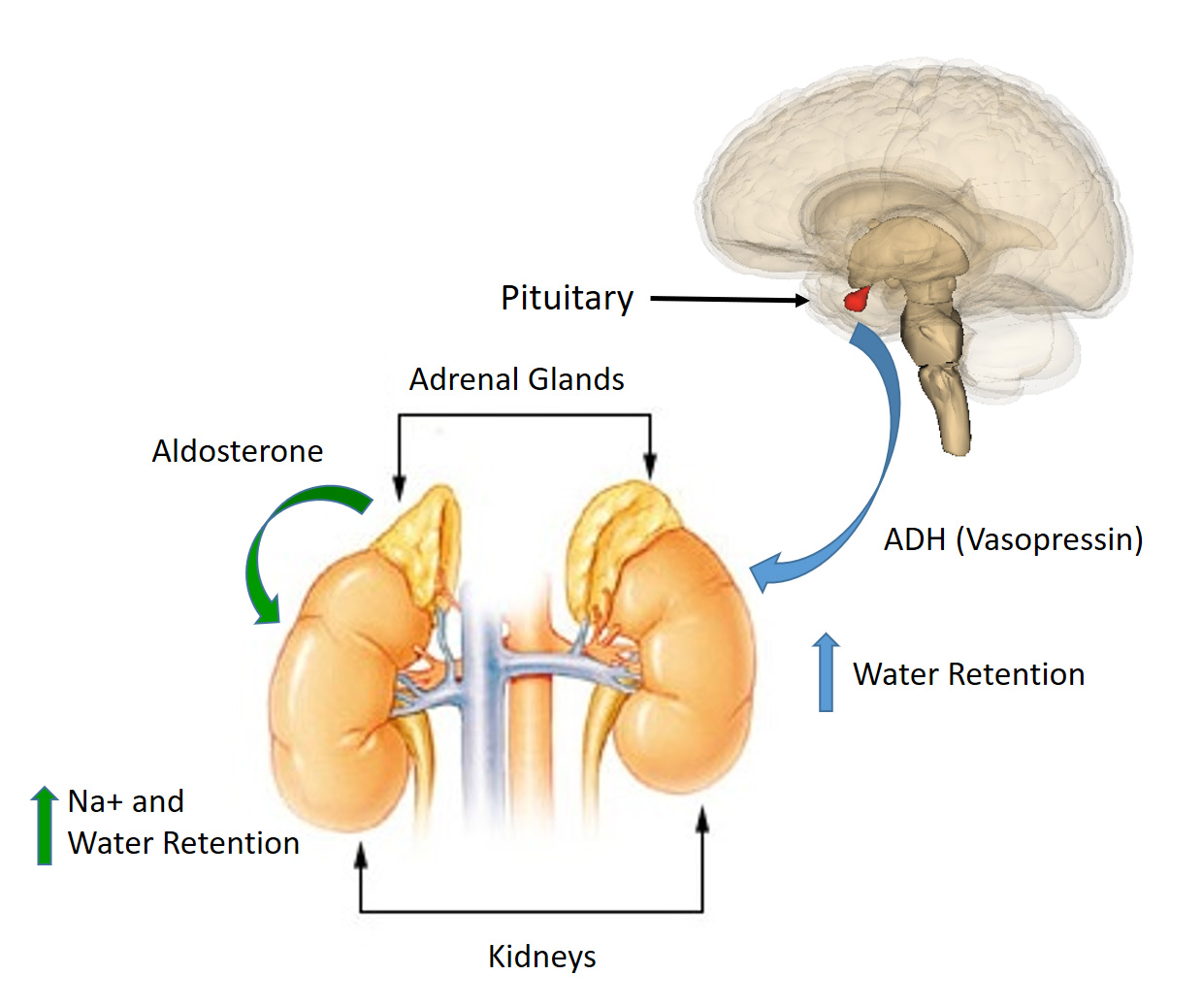

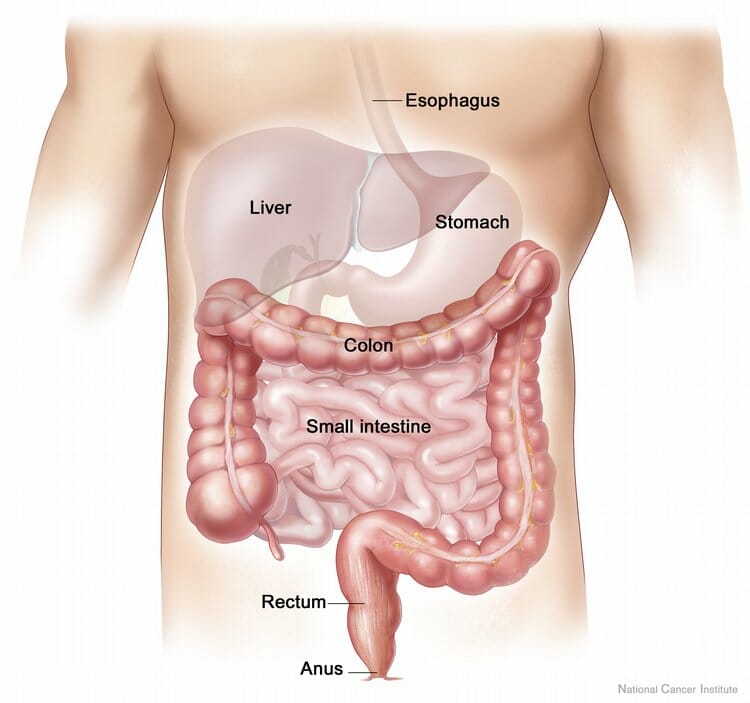




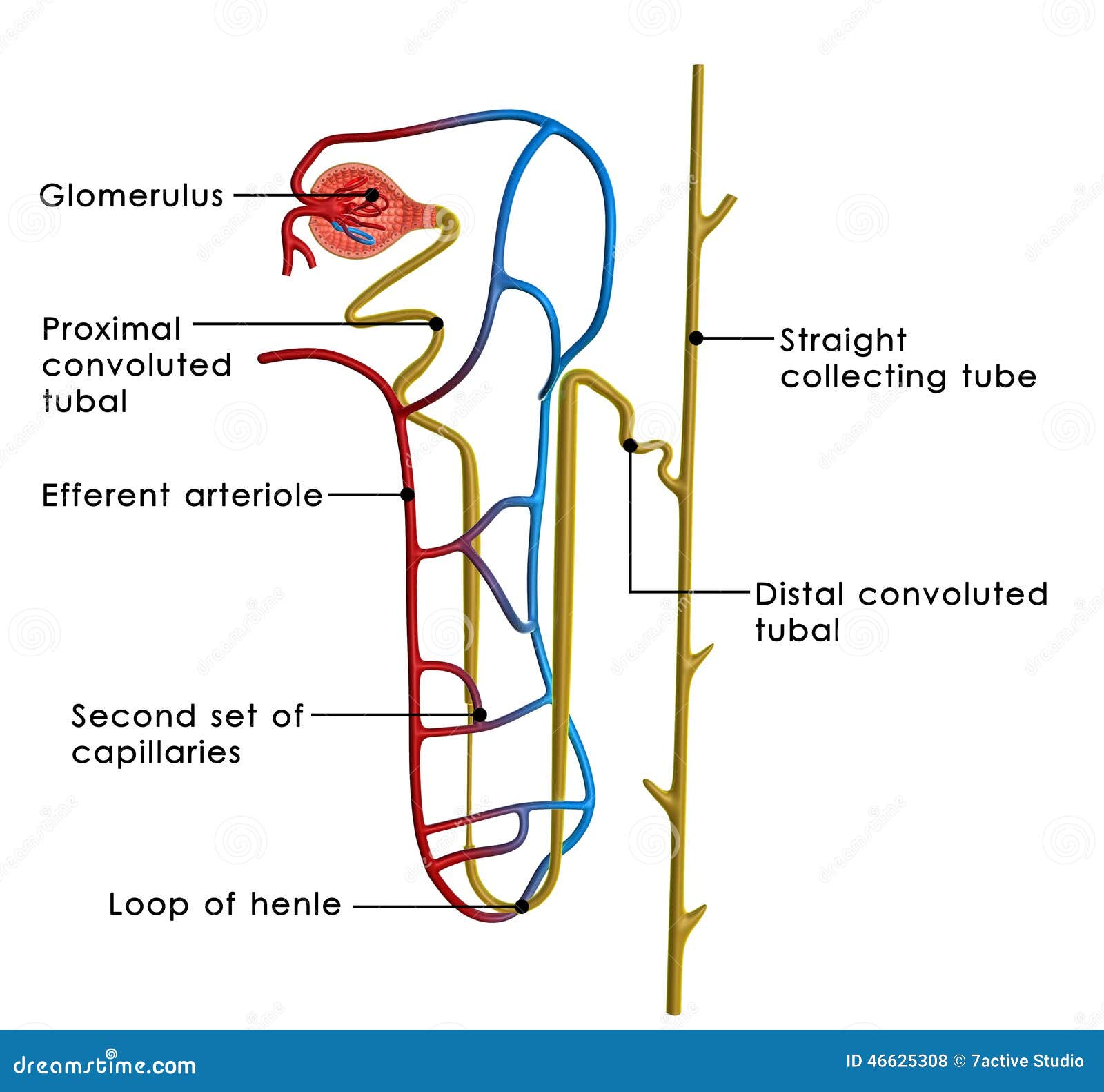
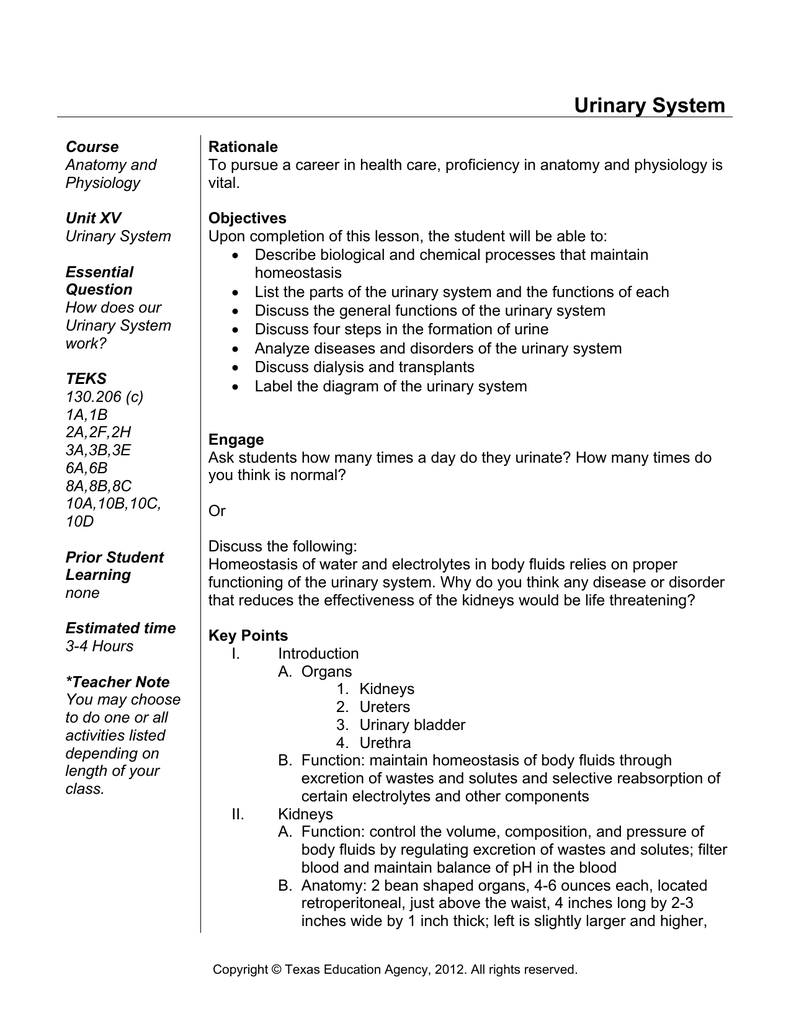








Posting Komentar untuk "How Does Urinary System Maintain Homeostasis"